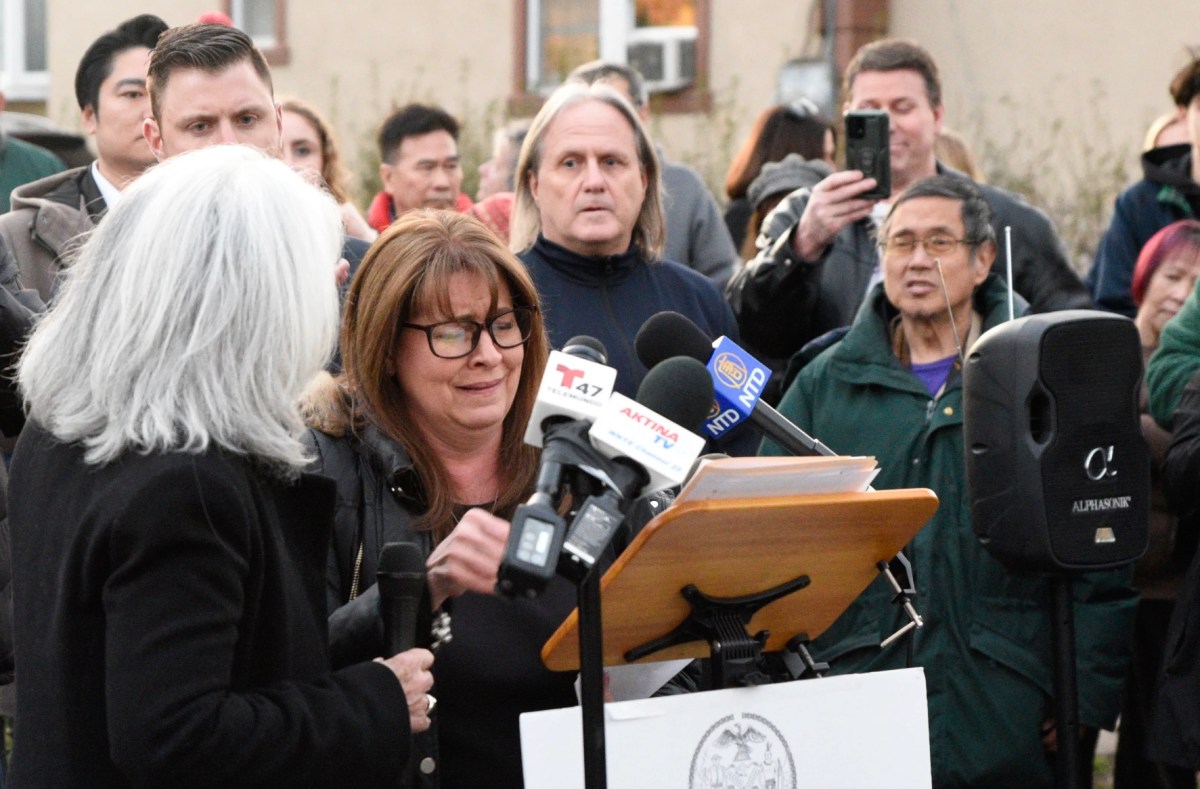EDMONTON – The new U.S. ambassador to Canada sat down for breakfast Monday with a conservation group and Alberta’s oilsands were on the menu.
Ambassador David Jacobson requested the meeting to get the Pembina Institute’s views on the massive energy development’s environmental implications, said executive director Marlo Raynolds.
Raynolds said he told Jacobson no further projects should be approved until limits are set on the environmental affects on water, land and climate.
“He (Jacobson) is very actively reaching out to really understand and learn as much as he can,” Raynolds said.
“In no way did I get an impression that he has formulated a position on the oilsands. I think he is really open to understanding all of the perspectives about the pros and the cons of the oilsands.”
Jacobson met later in the day with Alberta Premier Ed Stelmach for the first time. Earlier this month, the ambassador met with oilsands industry officials in Fort McMurray, toured the region and met with some aboriginal leaders.
Sitting in the premier’s office beside Stelmach, Jacobson told reporters he hasn’t reached a position on the oilsands yet and will continue fact-finding on the resource before reporting back to Washington.
“I am still in the learning phase. I don’t have a message yet. What I want to do is hear the views from as many different perspectives as I can so that when I do have an opportunity to provide my views to the president that I can provide them in as accurate and in as fair a way as I can,” Jacobson said.
Raynolds said Jacobson was well informed and asked lots of questions about the oilsands, which produce about 1.3 million barrels of oil daily – with plans to double production in coming years.
Jacobson, a lawyer, was particularly interested in how Alberta and the federal government deal with jurisdiction when it comes to energy and the environment, Raynolds said.
The Pembina Institute suggested that environmental groups and First Nations should be included in talks aimed at setting environmental limits on the oilsands. Raynolds said withholding new approvals wouldn’t hurt projects that have already been approved and are to be built over the next 10 years.
“Our key message was we feel that there is a level of oilsands that can be developed responsibly,” he said. “At this stage we need to pause with respect to further approvals of new projects.”
Following his meeting with Stelmach, Jacobson reiterated that Canada is a pillar in the energy security of the United States, but that must be balanced with protecting the environment.
He declined to comment on the Pembina Institute’s position that would see a halt in new oilsands project approvals.
“I think at this stage it would really be premature for me to be giving my opinion on anything. I am meeting with all groups. I am going to continue to meet with all groups over the next several weeks and perhaps months. This is a very, very important issue to my country.”
Stelmach said he has no problem with Jacobson speaking with critics of Alberta’s oilsands policy. The premier suggested the province has been working hard to deal with international concerns about greenhouse gas emissions.
“The ambassador can speak to all the NGOs, environmental groups, governments, the companies that are developing the oilsands,” Stelmach said.
“I think through that discussion, seeing all of the work that has been done for the environment … Our goal is to get the carbon down lower than conventional oil in three to four years.”
Raynolds said Jacobson is “very much in listening mode and learning as much as he can. It says a lot that he is reaching out to many voices.”
Some environmental groups call oilsands crude “dirty oil” because of the amount of greenhouse gases that are produced when it is refined. The oilsands have become a growing political issue in the United States.
California has passed new low-carbon fuel rules that are to go into effect in 2011 and are being eyed by other U.S. states. Last February, during his first visit to Canada, President Barack Obama spoke of the “big carbon footprint” left by the oilsands. Other U.S federal lawmakers have also expressed concerns.
Raynolds said it was gratifying to have the Pembina Institute included in Jacobson’s fact finding.
“We think we have a pretty reasonable perspective on what needs to be accomplished and done.”
















